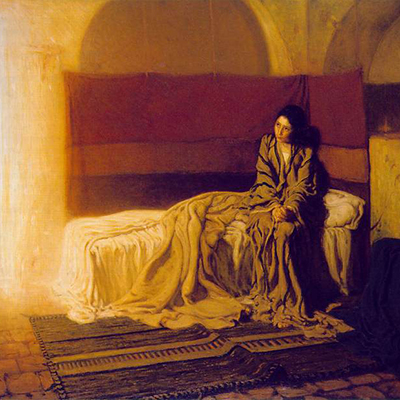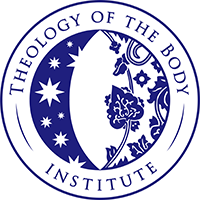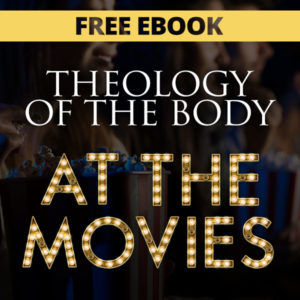

‘May it be done to me according to your word’
‘May it be done to me according to your word’

A Reflection on the Fourth Sunday of Advent
“May it be done to me according to your word.”
How easy it is for us to skip over those words without really pausing to consider what they mean. How easy it is for us to dismiss them without taking the time to reflect upon the impact those very words have had on the history of our world, indeed, our very own lives as individuals.
What does Mary really mean when she speaks these words to the angel? On the surface, we might very well conclude that Mary is giving God permission to do what he has planned for her. And if we were to go no further than this conclusion, we would not be wrong. Mary’s “Yes”, her “fiat”, is exactly that — the submission of her will to God’s will. But it is not simply a surrendering of her spirit to God, but rather her entire being — body and soul — so that her words express the reality of incarnation — that God becomes human through her flesh and blood, so that Mary’s body expresses the spiritual unity she enjoys with God in carrying the Son of God in her womb. Mary’s very being reminds us that it is not simply our souls that express the presence of God but our bodies as well — that what God has created as good from the beginning of Creation remains a tangible manifestation of his love and his abiding presence even today. Mary, who carried in her womb the Word Made Flesh, is a living example to each of us of what it means to turn our lives over to God. It is not simply a matter of spirit but a matter our physical reality, as well.
It is also so much more than that. Mary’s words reveal not simply a willingness to go along with God’s plan, but rather a conscious emptying of self — the very foreshadowing of the emptying of self to which St. Paul refers in his letter to the Philippians when he speaks of God emptying himself and taking on the form of a slave, being born in our human likeness. Mary’s words reveal an emptying of self in which she allows her body to become the very instrument of God’s plan of salvation. It is as if she were a musical instrument and God were the musician, playing his love song for humanity — for each of us, upon her — breathing his Spirit into her with every note, sending his blessing upon each of us with every rise and fall of the melody. Mary’s words to the angel, and the hymn she sings in the presence of her cousin Elizabeth just a few verses later reveal the full extent and meaning of just how perfectly she cooperates in God’s plans when she cries out, “My soul proclaims the greatness of the Lord. My spirit rejoices in God my savior.”
Would that each of us might say those same words and truly mean them. Would that each of us might be willing not simply to pay lip service to these words, but to proclaim them with integrity and conviction with our bodies and our souls. Would that each of us might be willing to empty ourselves, that we, too, might become servants of the Lord as Mary allowed herself to become, conforming our wills to God’s will rather than expecting God to conform to our wills. Would that we, like Mary, might open ourselves to the possibility that in asking us to empty ourselves, God is offering to fill us with his love. God is calling us to greatness not as it is understood in this world, but rather in the context of eternity. Would that each of us might be willing to be used as an instrument by which God might play his love song for humanity, filling us with his Spirit, playing upon us the tune by which the world around us is changed and transformed into the Kingdom of Heaven.
During these last days of Advent, as we prepare to celebrate the Feast of our Salvation in Christ, God’s only begotten Son, who was born in the flesh of the Virgin Mary, let us consider what it meant for a simple peasant girl to allow herself to so conform her will to God’s will so that salvation dawned upon a darkened world. Let us consider what it would mean for us to so empty ourselves of our own wills, our own agendas, our own plans for the future, that we ourselves might give birth to Christ in our world, that we ourselves might allow the light of Christ to illumine a world that is still filled with darkness, that we ourselves might become instruments of God’s love, radiating the melody of God’s love song for us and for all of humanity.
Fr. John Keehner is a priest of the Diocese of Youngstown. He graduated from the TOB Institute Certification program and has served as chaplain on three different occasions. He has also taken part in the TOB Institute Clergy Enrichment Program.



